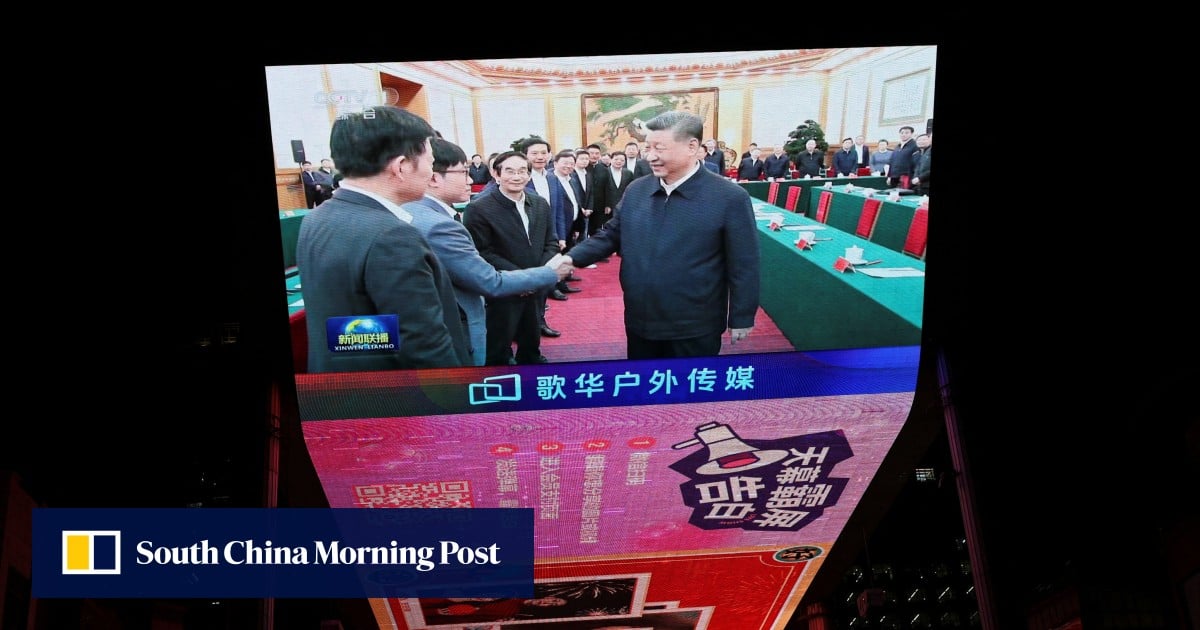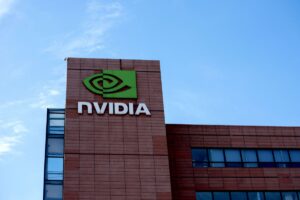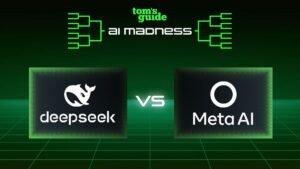China’s PLA Adopts DeepSeek AI for Non-Combat Roles: Is Combat Application on the Horizon?

The Role of AI in the People’s Liberation Army
The integration of artificial intelligence (AI) within military frameworks is becoming increasingly popular, and the People’s Liberation Army (PLA) of China is no exception. Recent reports from Chinese media indicate that the PLA is utilizing DeepSeek’s advanced AI technologies for various non-combat supportive roles.
AI Support Functions
The incorporation of AI into military operations can enhance efficiency in several ways. Analysts argue that the AI models from DeepSeek will likely play a crucial role in battlefield intelligence, offering improved surveillance capabilities and aiding decision-making processes for the Chinese military.
Applications Across Different Segments
DeepSeek provides open-source large language models (LLMs) that have gained considerable attention and commendations globally. These models are being employed not only by the PLA but also by the People’s Armed Police (PAP) and various national defense mobilization agencies within China. This broad usage showcases the flexibility and functionality of DeepSeek’s artificial intelligence solutions in various military and emergency contexts.
Enhancements in Military Healthcare
One of the most notable applications of DeepSeek’s technology is in military healthcare. Recently, the general hospital under the PLA’s Central Theatre Command announced the implementation of its R1-70B large language model. This AI is tasked with offering treatment plan suggestions to assist doctors in their medical duties. Such innovations could potentially revolutionize the way military healthcare operates, improving patient outcomes significantly.
Emphasis on Privacy and Security
In a world where data security has become paramount, the PLA hospital highlighted its commitment to patient privacy. All data processed by the AI is stored on local servers to ensure that sensitive information remains secure and confidential. Such measures reflect a growing awareness of the importance of safeguarding personal data, especially in military settings where information is often sensitive.
Broader Deployment Across the PLA
This adoption of AI technologies is not limited to a single location; there are reports of similar systems being activated in military hospitals across China. One prominent example is the PLA General Hospital in Beijing, also known as "301 Hospital." This facility is renowned for treating high-ranking Chinese officials and military leaders, and it’s likely to handle highly sensitive and confidential information.
By deploying AI like DeepSeek’s models, these hospitals aim to streamline their operations and maximize the efficiency of their healthcare services.
The Future of AI in the Military
As the PLA continues to embrace artificial intelligence, experts speculate that we will see even more extensive applications in military operations. The capabilities of AI in handling large amounts of data, identifying patterns, and generating comprehensive analyses can significantly augment the military’s operational effectiveness.
With evolving technologies, the military landscape may change drastically, shifting towards more data-driven strategies and decision-making processes. The full integration of AI in military support functions may transform not only how soldiers operate but also how military healthcare is delivered, thereby impacting numerous lives within and outside the armed forces.
In summary, the ongoing integration of DeepSeek’s artificial intelligence within the People’s Liberation Army showcases a forward-thinking approach, emphasizing efficiency, privacy, and enhanced functionalities in both military operations and healthcare services.






